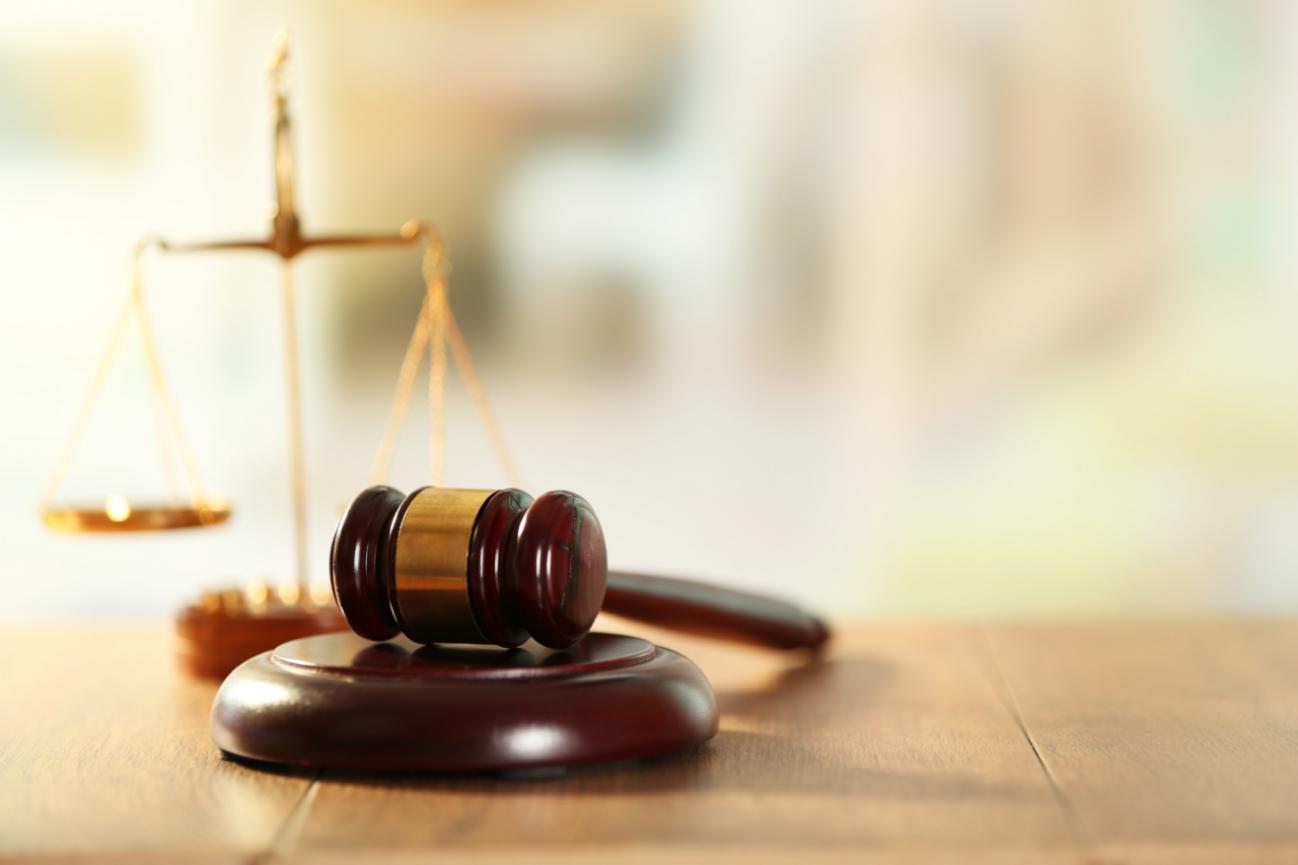At present, Florida remains one of the few states “stuck” with only a medical marijuana law. Unfortunately, Florida’s cultivation laws, let alone its medical marijuana program, still have a long way to go since it has been mired with many legal woes.
Last May, a Tampa-based marijuana firm filed a lawsuit against the state’s health department, challenging the constitutionality of a 2017 law, which was designed to carry out an amendment that legalized the use medical cannabis under the state’s marijuana laws.

The case, however, is still ongoing. Last October, the Florida Supreme Court held a second round of arguments.
Apart from this, the state’s high court is also considering proposing a recreational cannabis ballot before the voters. Make It Legal Florida, a marijuana advocacy group, had to abandon its efforts this 2020 but vowed to re-start the 2020 initiative.
Given the situation, it seems that the recreational legalization of cannabis remains a challenge in Florida. So if you’re thinking about cultivating marijuana in the Sunshine State, should you still go for it?
Here’s what you need to know about FL’s cultivation laws.
Defining “Cultivating Marijuana” in Florida
Under Section 893.13(1)(a) of Florida Law, marijuana cultivation is defined in one of two ways:
- Actually manufacturing cannabis
- Possessing the controlled substance with the intent of manufacturing it
The term “manufacturing” is defined as preparing, producing, propagating, packing, labeling, relabeling, compounding, converting, cultivating, growing or processing cannabis either directly or indirectly. The manufacturing process could involve the extraction of cannabis substances from their sources, by carrying out chemical synthesis or by doing both.
Penalties for Cultivation
Under the same statute, it is considered “unlawful” for any individual to manufacture controlled substances such as cannabis. Anyone who violates the law is charged with third degree felony, which is punishable by a five-year sentence in prison, as well as a $5,000 maximum fine.
In some cases, however, marijuana cultivation can be classified as a second degree felony, which is punishable by a 15-year jail sentence. This happens when the accused is involved in the constructive or actual possession of more than 25 cannabis plants, as well as a grow house. If minors reside or are present at the location of the cannabis production, the charge may escalate to a first degree felony.
To prove the crime of manufacture and cultivation of marijuana in Florida, the prosecution must establish that the defendant was engaged in the manufacturing of the controlled substance and/or they knew of the presence of the cannabis.
There remains one exception to the state’s extremely strict cannabis cultivation laws. In 2018, a Florida court ruled that a single medicinal cannabis patient (Joe Redner) was allowed to cultivate his cannabis for medical use as recommended by his doctor. Home grows are still forbidden in Florida, but the judge presiding over Redner’s case exempted the 77-year old from the restriction. Redner was suffering from lung cancer.
Defenses to Marijuana Cultivation
Many defenses are available to protect defendants against cultivation or manufacturing charges. Also, FL cultivation cases offer plenty of opportunities for legal defenses that challenge unlawful seizures or searches by law enforcement. The Fourth Amendment offers protections that are broader than those available for cars.
Since most cultivation stings or bust operations take place in the home or business of the defendant, there are many ways to challenge the police’s conduct.
Some defenses to consider (which are available in the Fourth Amendment) include:
- Defective warrant
- Absence of a warrant
- Absence of cause to obtain an arrest warrant
- Unlawful execution of a search warrant
- Unlawful detention or arrest
- Invalid consent to search
- Miranda violations
- Overly broad protective sweep
- Right to counsel violations
- Use of unlawful police tactics
Why You Should Work with an Attorney
If you have been charged with cannabis possession or cultivation, facing the charges alone is not an option. Florida’s anti-cultivation policies have encouraged prosecutors to be more aggressive in singling out cannabis cultivators for expensive bails, longer prison sentences and “draconian” punishments.
Working with attorneys offers legal protection when you end up in the middle of cannabis charges. If you have been charged or have a legal concern about growing cannabis, seek legal guidance immediately to protect your rights.
The Bottom Line
At present, there are still petitions seeking to legalize the use of recreational marijuana in Florida. If you wish to cultivate or manufacture cannabis, tread with caution. Always seek legal guidance first to prevent costly lawsuits and jail time.

Leave a Reply